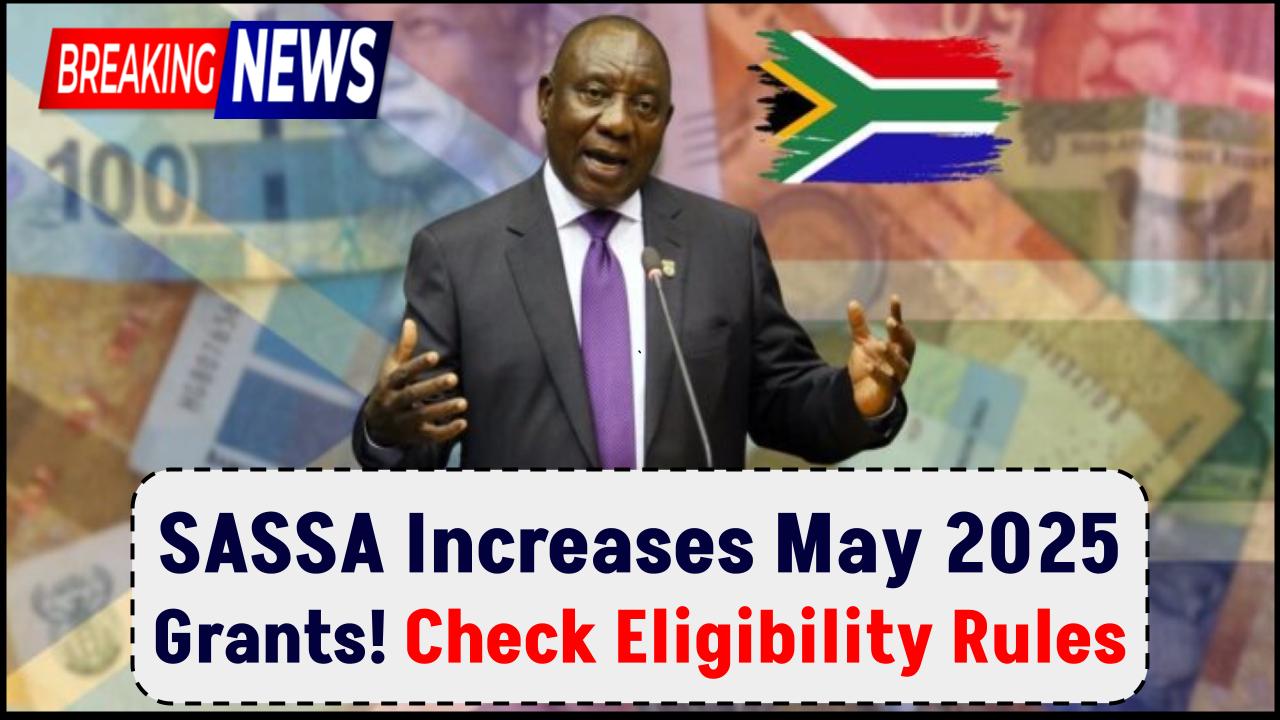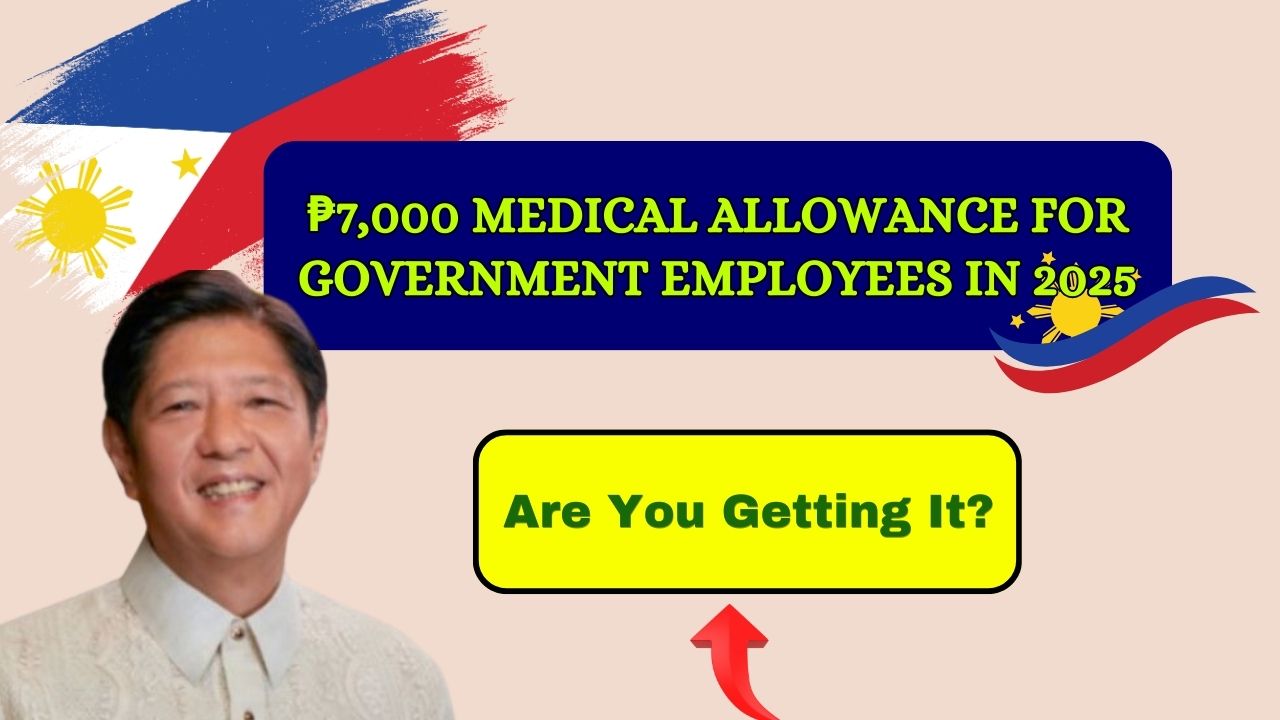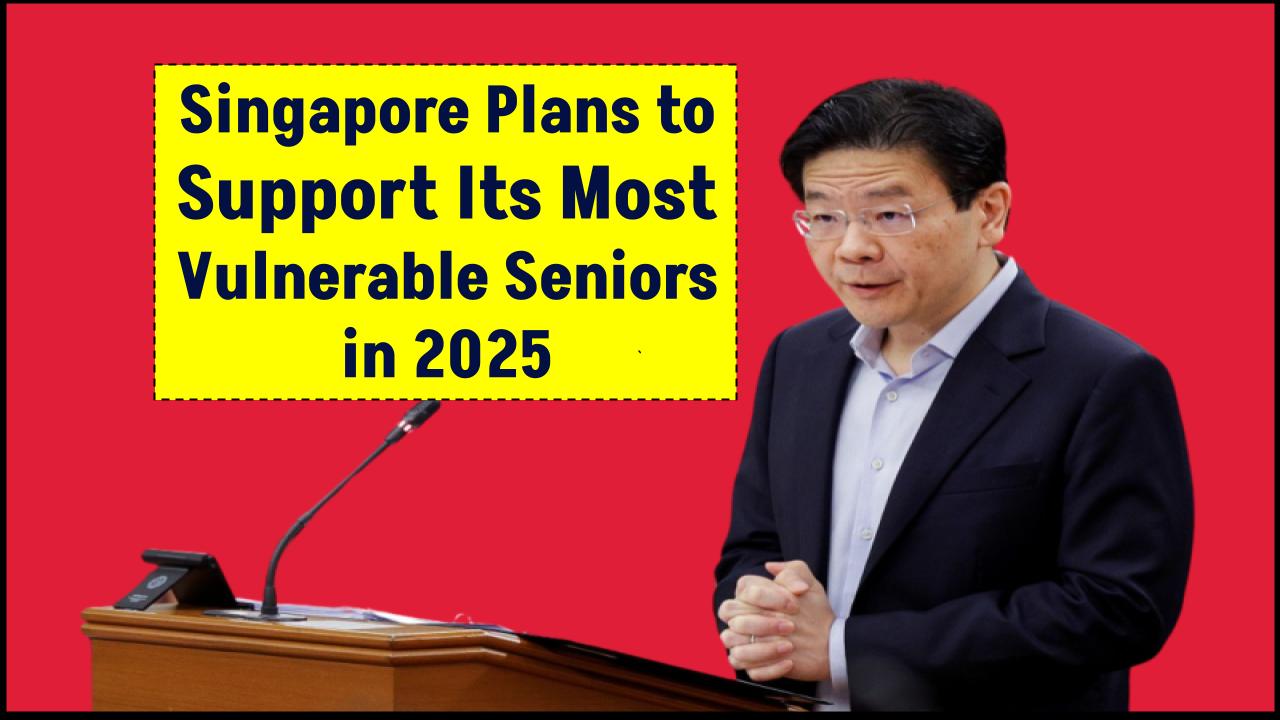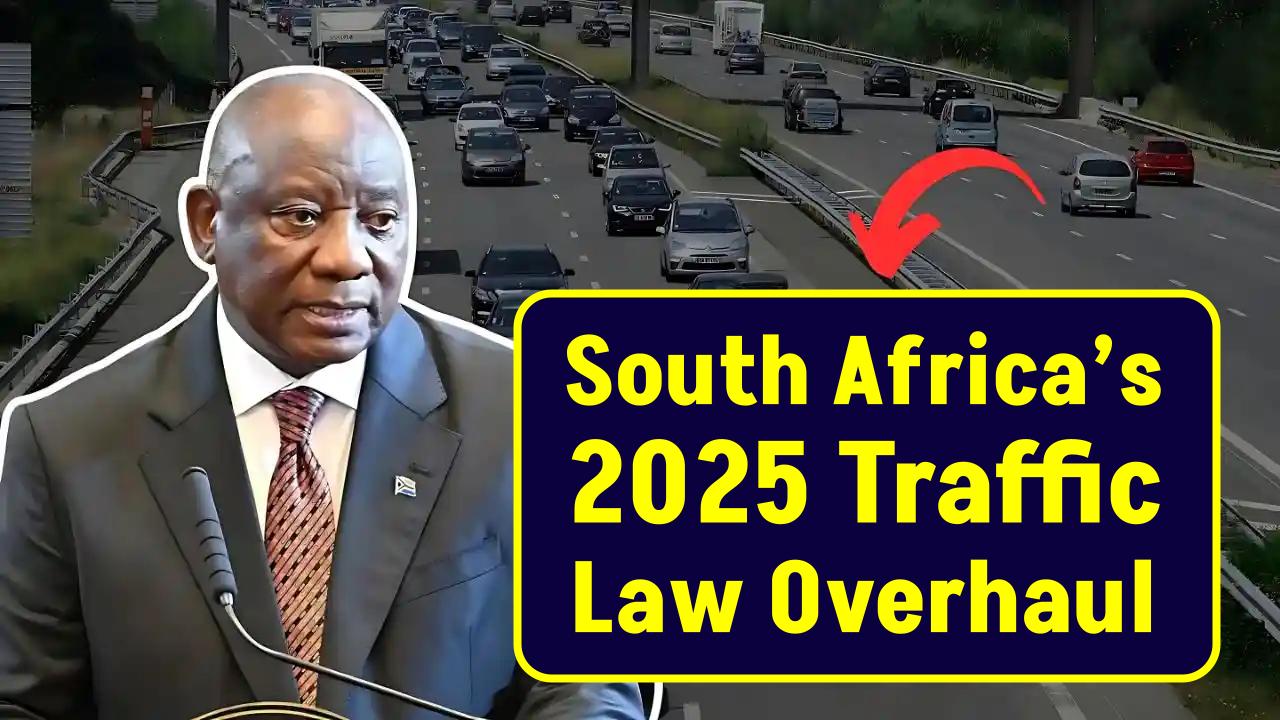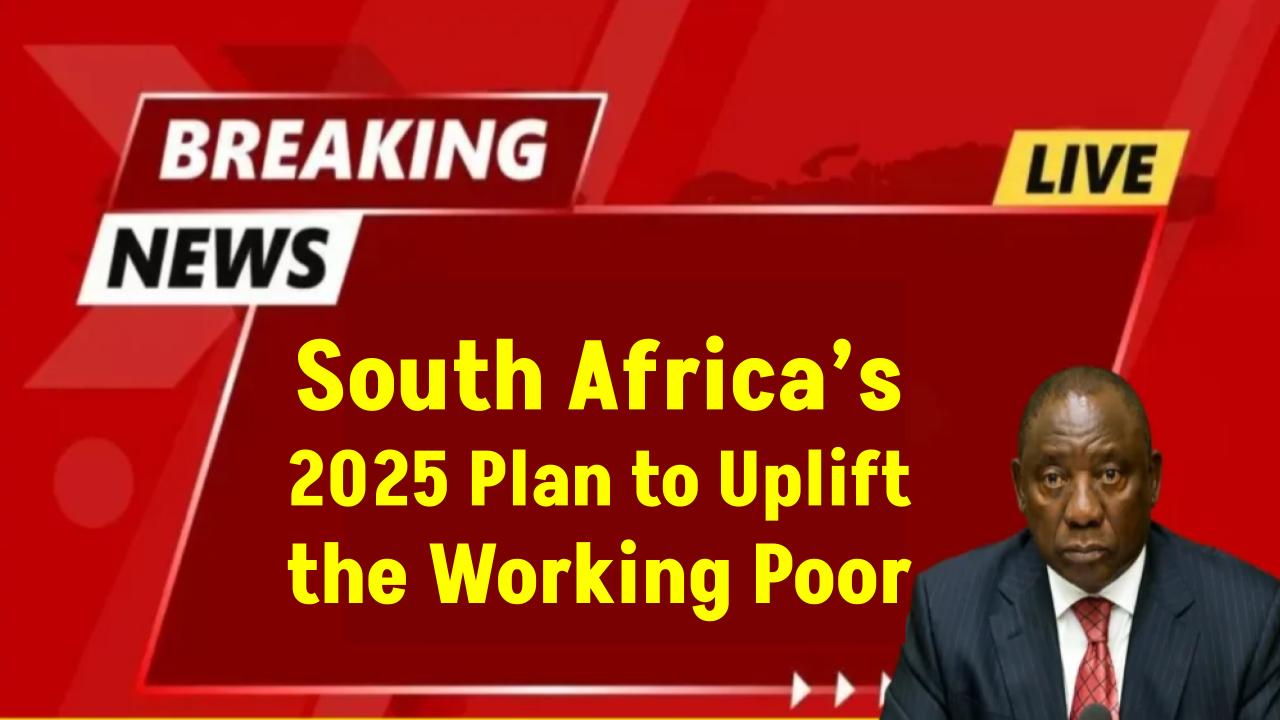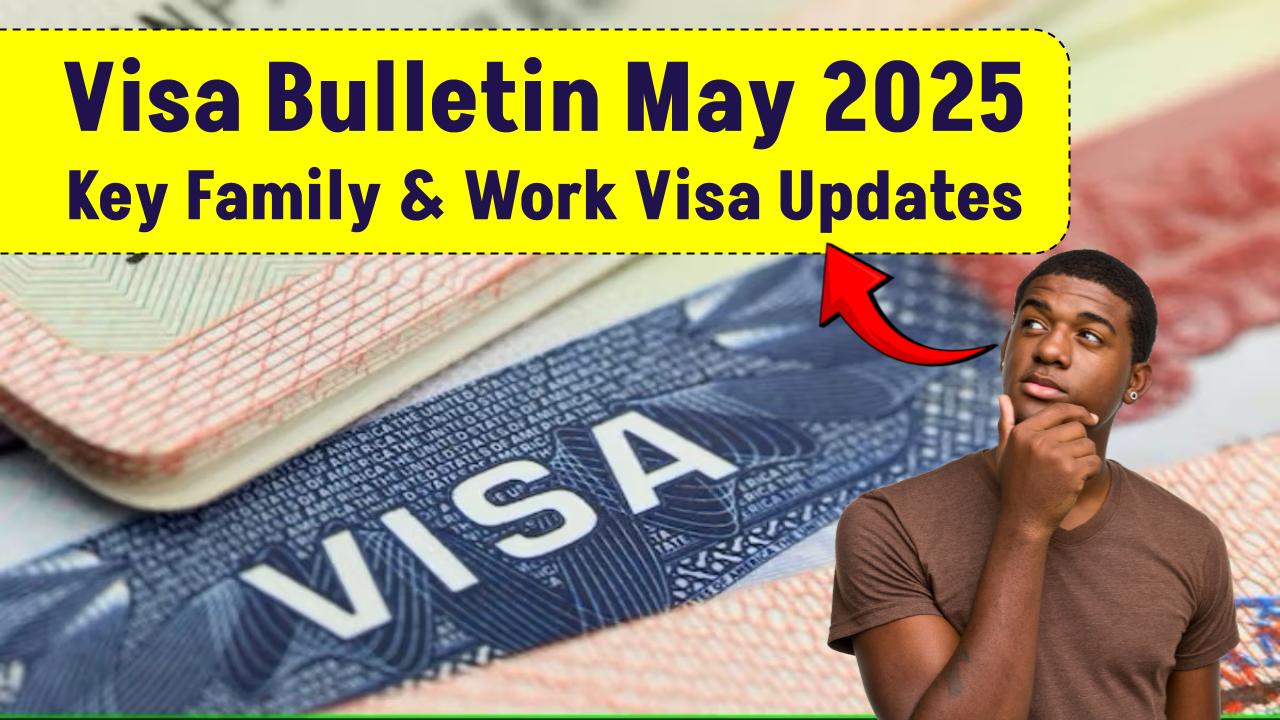DWP Confirms Cost of Living Payments Ending in 2025 — What Beneficiaries Need to Know
DWP Confirms Cost of Living Payments: As the cost of living crisis continues to impact millions across the UK, a significant change is on the horizon for those relying on government support. The Department for Work and Pensions (DWP) has confirmed that no further Cost of Living Payments will be issued in 2025, marking the end of the temporary financial aid provided to low-income households, pensioners, and disabled individuals since 2022.
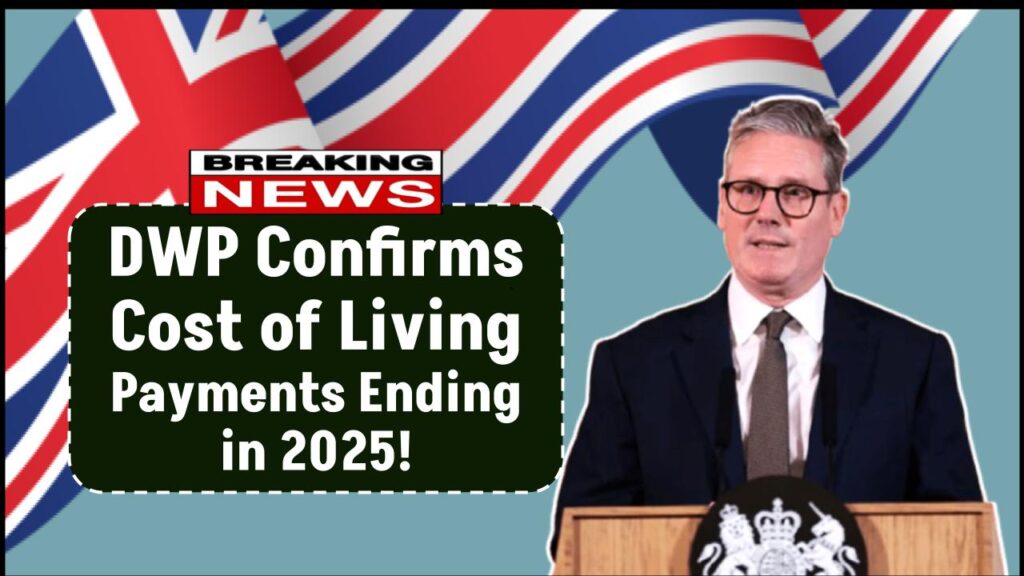
For those who have come to rely on these critical payments, this announcement may raise many concerns. In this article, we’ll break down what this means for beneficiaries, explore alternative support options, and offer practical advice for navigating this financial shift.
DWP Confirms Cost of Living Payments
| Topic | Details |
|---|---|
| Program Ending | Cost of Living Payments ending in 2025 |
| Impact | Affects low-income households, pensioners, disabled individuals |
| Alternatives | Household Support Fund, Energy Company Grants, Benefit Checks |
| Next Steps | Seek additional support, beware of scams, plan for benefit adjustments |
| Official Sources | DWP Official Guidance |
As the DWP shifts its focus from one-off payments to more targeted, long-term support, it’s crucial for beneficiaries to explore the available options and plan accordingly. By staying informed and proactive, you can better navigate this financial transition.
Why the DWP is Ending Cost of Living Payments in 2025
The DWP’s decision to end these payments aligns with broader economic policies aimed at transitioning from emergency support to more sustainable, long-term solutions. Introduced in 2022 to combat rising inflation and soaring energy costs, these payments ranged from £150 to £326 per recipient, automatically provided to those on Universal Credit, Pension Credit, and Personal Independence Payment (PIP). (Source)
While the payments helped ease immediate financial pressures, the DWP now aims to focus on supporting long-term financial stability for vulnerable households through alternative means.
Available Support Options for 2025 and Beyond
1. Household Support Fund (HSF)
Extended until March 31, 2026, the HSF provides financial assistance through local councils in England. Depending on your region, this support can include cash grants, vouchers, or direct bill payments. For instance, eligible residents in Plymouth can receive up to £740 in combined support.
2. Energy Company Grants
Many major energy suppliers, including British Gas and EDF, offer hardship grants up to £1,700 to help customers clear energy debts. It’s advisable to contact your energy provider directly to inquire about available assistance.
3. Benefit Checks
It’s estimated that around £23 billion in benefits goes unclaimed each year. Tools like Turn2Us or consultations with Citizens Advice can help you determine eligibility for additional support.
Important Considerations
- Beware of Scams: The DWP has warned about fraudulent messages claiming to offer new Cost of Living Payments. Official communications will never request personal or banking information via text or email.
- Benefit Adjustments: While these one-off payments have ended, most DWP benefits saw a 1.7% increase in April 2025, and the State Pension rose by 4.1% under the triple lock commitment.
- Policy Changes: Stricter eligibility criteria for certain disability benefits like PIP could impact future benefit entitlements.
DWP Announces Benefit Hike for Pensioners Born After 1951 — Find Out If You Qualify
DWP Cost of Living Payments Are Back! New Eligibility Rules You Must Know in 2025
DWP’s £500 Cash Voucher Surprise in 2025 – Are You Getting One?
FAQs on DWP Confirms Cost of Living Payments
Will Cost of Living Payments return in the future?
Currently, there are no plans to reintroduce these payments.
How can I find out what support I’m eligible for?
Check with your local council, use benefit calculators like Turn2Us, or speak to Citizens Advice.
What should I do if I receive a suspicious message about payments?
Ignore and report it to Action Fraud or the DWP directly.
